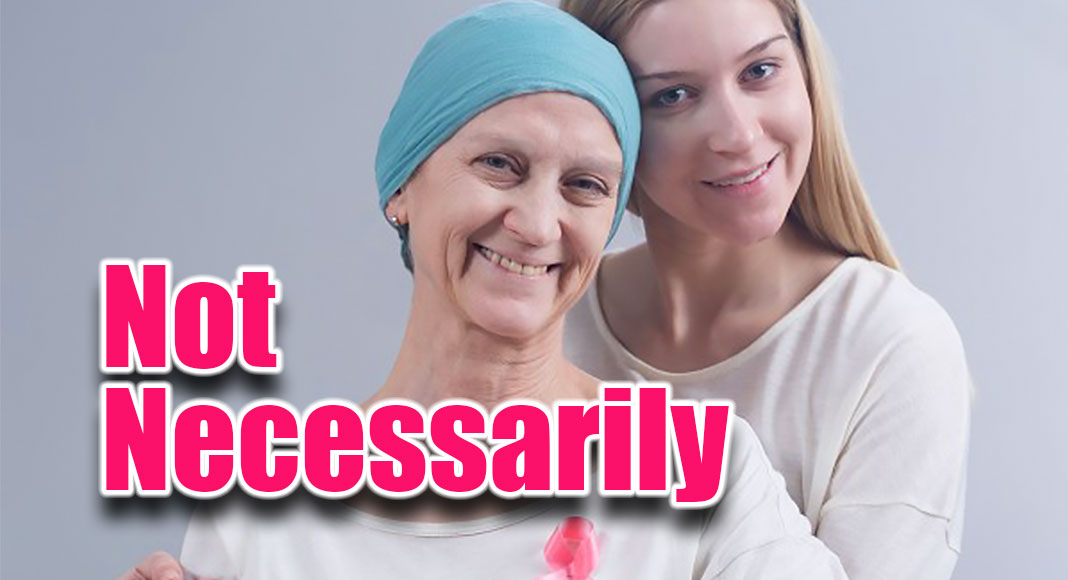
Mega Doctor News
Newswise — Sometimes when you look in the mirror you find your family looking back. It can be a source of pride – in some families, chins, noses, earlobes – even the way your brothers, sisters, aunts, and uncles talk and laugh all seem to pass from generation to generation. But the possibility you might inherit the risk for developing breast or other cancers from your family is something no one wants to consider.
Fortunately, only 5% to 10% of all cancers can be linked to a genetic mutation passed on from mom or dad. Most cancer is sporadic and has more to do with personal risk factors, like aging, hormones, environment, lifestyle and even your own immune system.
“We know we are all born with the same genes. As time marches on, we start acquiring changes in our genes,” said Donna Lamp, a credentialed clinical genomics nurse and coordinator of the Cancer Risk Evaluation Program at Penn State Health St. Joseph Cancer Center. “Typically, that’s what sets the stage for cancer. It is like the perfect storm of risk factors coming together to potentially develop cancer or put individuals at risk to develop cancer.”
Conversely, with hereditary cancer, someone most commonly is born with a copy of a gene that is not working correctly.
“It can’t deliver messages to the cells like it should,” Lamp said. “If a gene mutation is passed on to you, you can be at a higher risk to develop cancer versus the general population that was born with two healthy gene copies.”
One way to determine one’s chances of developing cancer is an evaluation that looks at both personal risk factors and family history of cancers. Penn State Health St. Joseph Cancer Center’s Cancer Risk Evaluation Program, for example, includes evaluation, genetic education and, if appropriate, genetic testing to assist in developing a realistic assessment of an individual’s risk for cancer.
In the case of hereditary breast cancer, the evaluation looks for certain red flags, such as having first degree or close relatives who have had breast cancer or a pattern of cancers associated with hereditary cancer genes linked to breast cancer, developed the disease before age 50 or have had bilateral breast cancer (tumors in both breasts simultaneously). A personal or family history of ovarian, pancreatic, prostate and male breast cancers are very suggestive of hereditary breast cancer and, in some cases, can signal genetic involvement.
“We really look at family history to know how we approach their genetic evaluation and which genes we should be testing for,” said Lamp, adding that genetic testing doesn’t always explain what is happening in a family. “We can never erase the family history. You will always be at some risk for cancers we see in the family that may not be explained with genetic testing.”
Those determined to be high risk receive individualized screenings and surveillance plans that include ongoing care to reduce the risk of ever getting cancer or detecting it at its earliest stage. Led at St. Joseph by Dr. Marc Rovito, medical director for the Cancer Risk Evaluation Program, all care is delivered in a team approach that includes biannual clinical breast exams, self-breast awareness education and appropriate screenings.
Understanding your risk status can be lifesaving, Lamp said.
“The beauty in knowing your risk is that we can manage that risk and ensure early detection and, sometimes, even ensure prevention and risk reduction,” she said.









